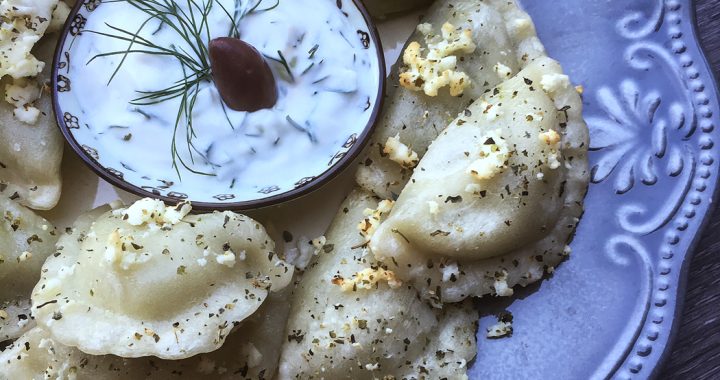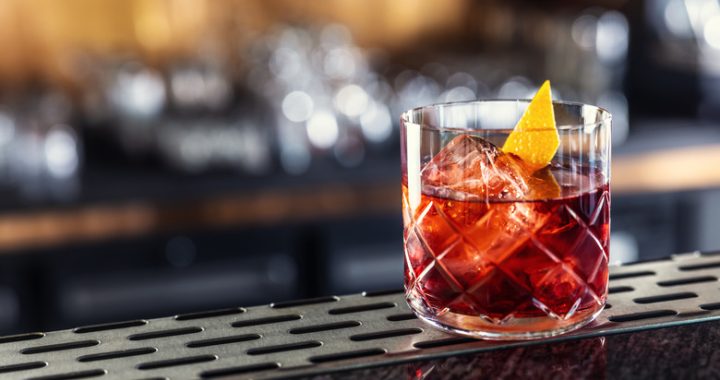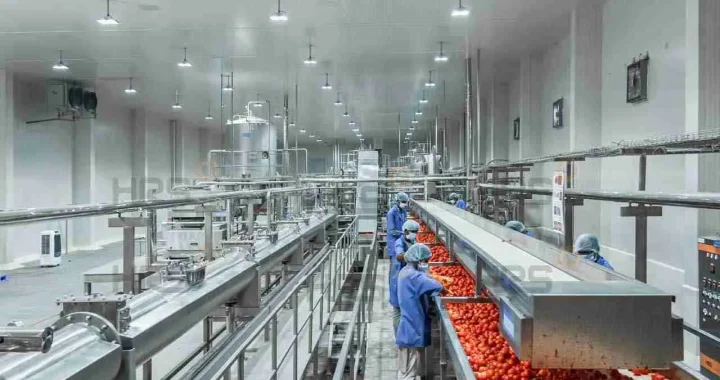Antioxidants, the benefits, and side-effects of antioxidants
Antioxidants
Everyone talks about antioxidants and antioxidants rich foods these days and its health benefits. Also, the market is flooded with the products that are claimed to be rich in antioxidants. So, what are antioxidants?
To understand that, one must first understand oxidation, and even before touching that,one must know a little about what are free radicals.
In the field of chemistry, an atom, molecule, or ion is known as radical whenit has an unpaired valence electron, bear with me please, this will all make sensein a moment. As a result of these unpaired valence electron, the radicals are highly reactive (with some exceptions).So, it is time to know what oxidation is. The chemical reaction that produces the free radicals is known as oxidation. This can create a chain reaction which has damaging effect on the organism’s cells.
The compounds which are known as antioxidants, stop or slow down the oxidation process.In simple terms, antioxidants have the power to deactivating/stabilizing the free radicalsbefore these takes on the body cells. DNA damage is also possible from the oxidants if antioxidants are low in the organism.
The antioxidants are low in the group of humans who smoke, drink alcohol regularly or olderpeople, since their body produces less antioxidants with growing age. The antioxidants’deficiency can cause a variety of diseases including heart diseases, eye diseases, cancer, etc.
Vitamin C to the rescue –
Vitamin C, also known as Ascorbic acid, is a dietary source of antioxidants. It is water-solublevitamin which is present in all body fluids. The habit of eating fruits and vegetables dailyis crucial because it maintains the antioxidants level in our body. It is important to intakeit daily because it cannot be stored in the body.
Selenium The foods rich in Selenium are grains and garlic, eggs, chicken, fish, shellfish and red meat. It is found helpful in fighting the cell damage which is done by the oxidants.
Glutathione The Glutathione rich foods includes watermelon, peach, avocado, grapefruit, broccoli, spinach, strawberries etc. Its function is to provide protection to the cells against the free radicals.
Cysteine Its function in our body is to keep the free radical oxidants away from the cells.This one is produced in our body so there is no need for its take in the diet.
Intake Limits for antioxidants and associated risks –
Vitamin A and C are fat-soluble, and that means the extra vitamin A and C, which is notutilized by the body, will be stored in liver and fatty tissues, which is not a good thing.
Due to this reason, taking supplements for antioxidants may prove harmful rather thanuseful as we might end up taking more than our body needs. The bestsolution to this is to take a balanced diet every day from an early age. This habit will keep the body rich in antioxidantsand will protect it from diseases.
Food preservatives
Food preservatives as nothing but Antioxidants. These protect the food from decomposition.The food oxidation takes place in the presence of sunlight and oxygen, so to save the foodfrom damage, these factors are required to be taken care of.
So, the food preservation process eliminates both the food oxidation factors by keeping the food away from sunlight and sealing the food packets to avoid food contact with oxygen.





